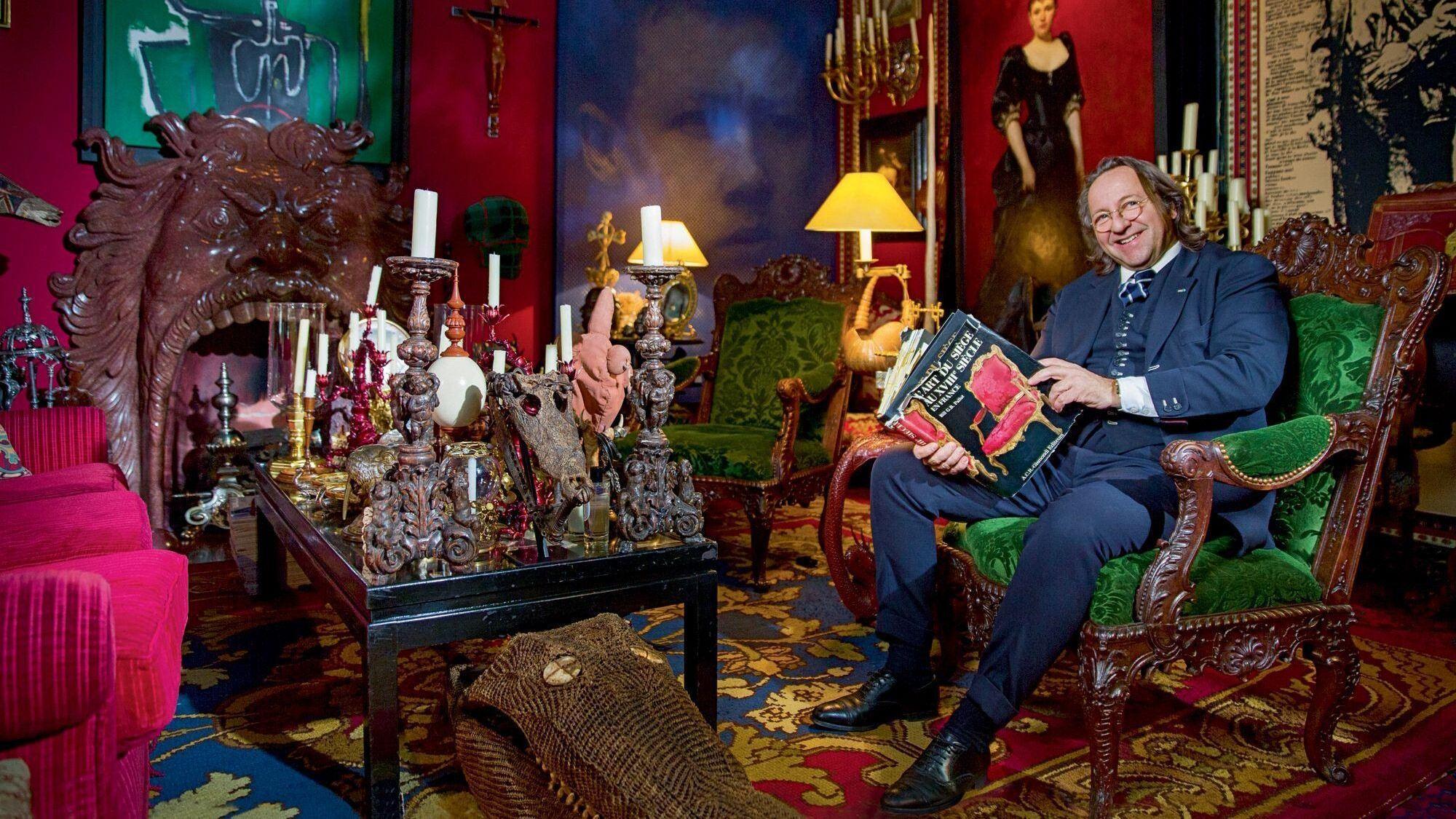
One of the foremost authorities on 18th-century French furniture, Bill Pallot, is set to face trial on charges of forgery, accused of orchestrating a major scam involving the creation and sale of fake furniture falsely claimed to be from the 18th century. The alleged deception occurred between 2008 and 2015, with high-profile buyers, including the Palace of Versailles, falling victim to the elaborate scheme. The trial order, issued by an investigating magistrate on Nov. 13, implicates Pallot, aged 59, along with five others and a prominent gallery, marking one of the most significant forgery scandals in recent art history. Pallot, recognizable in France for his distinctive long hair and three-piece suits, faces charges of producing and selling chairs falsely attributed to historical figures such as Madame du Barry and Queen Marie-Antoinette. His co-defendant, Bruno Desnoues, a prominent woodcarver, is accused of collaborating in the creation and sale of these deceptive pieces. Notably, clients, including the prestigious Palace of Versailles, remained unaware of the scam for years, and it persisted until investigators uncovered irregularities in 2014. The full extent of the scandal emerged in 2016, prompting the Ministry of Culture to conduct an audit of Versailles' acquisitions policy. This incident is not isolated, as the world of France's top museums has faced other controversies. The former director of the Louvre Museum, Jean-Luc Martinez, faced charges last year related to alleged efforts to conceal the origins of archaeological treasures suspected of being smuggled out of Egypt during the Arab Spring. On Nov. 15, France's Court of Cassation rejected Martinez's appeal to have the charges dropped, emphasizing the gravity of issues surrounding the preservation and authenticity of cultural heritage in the country.